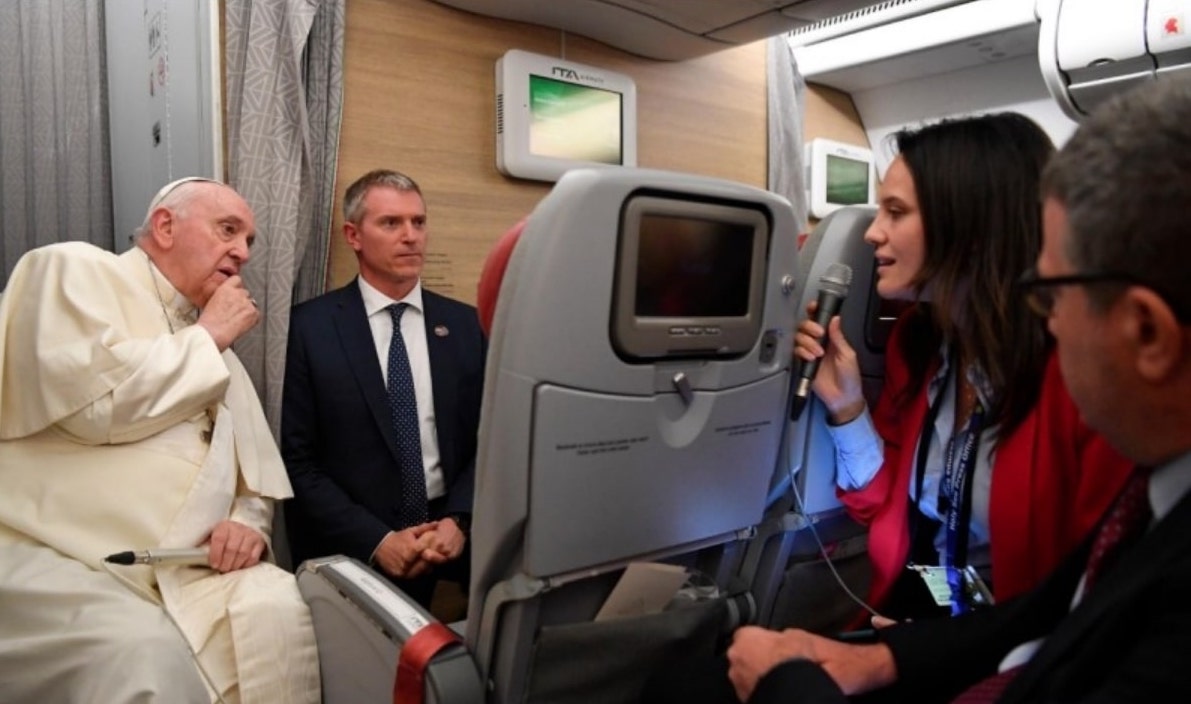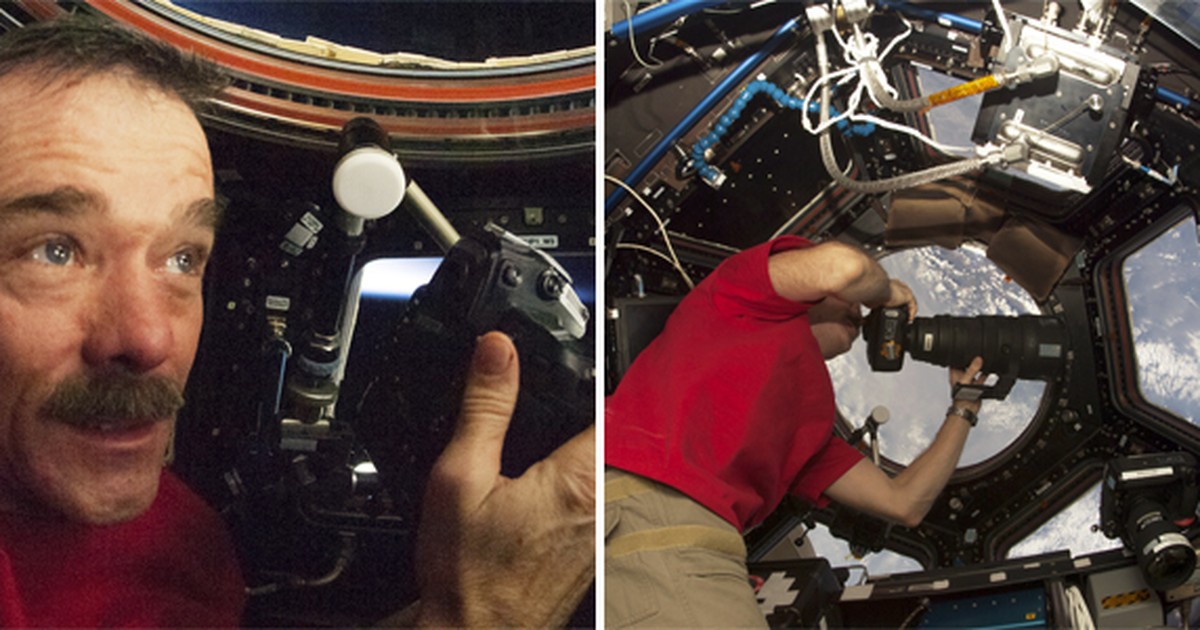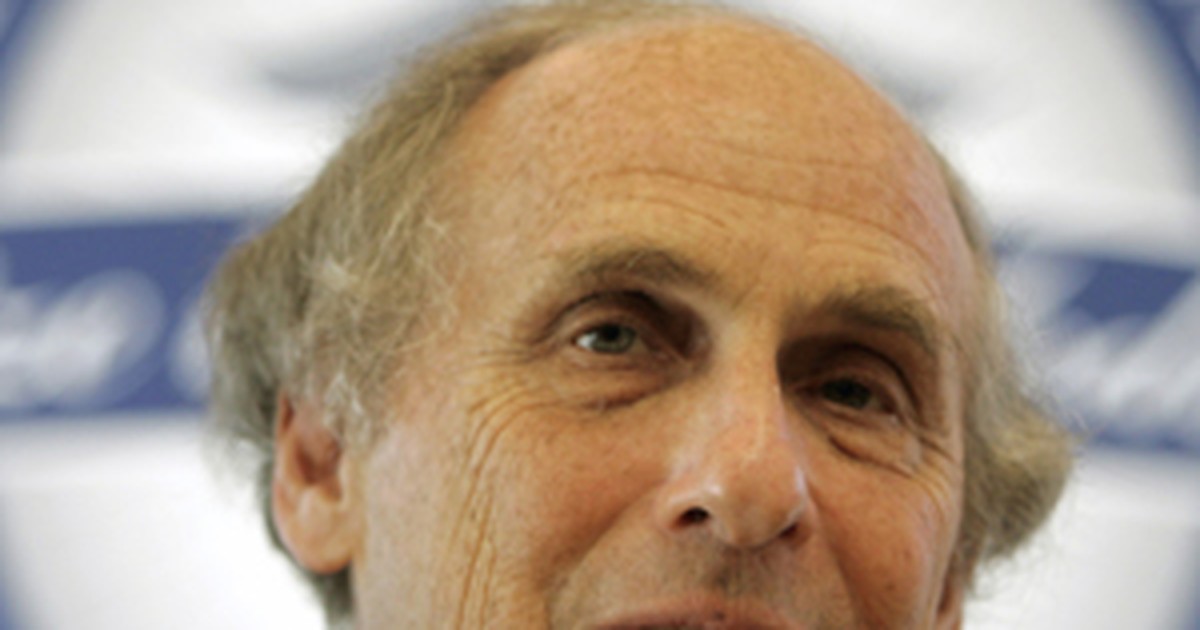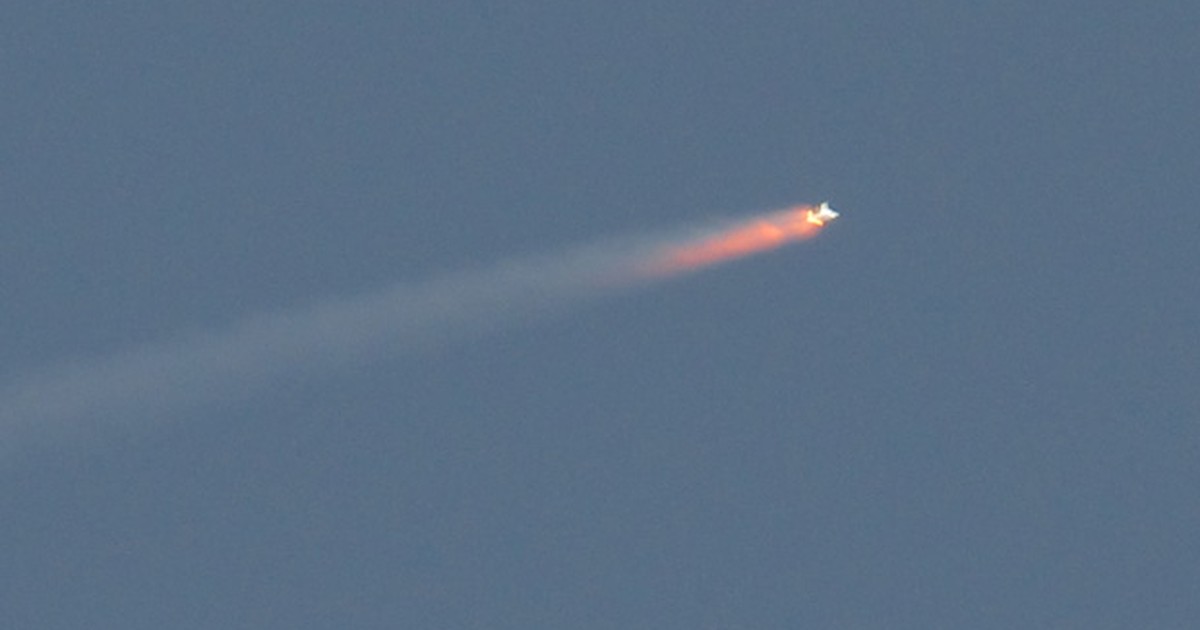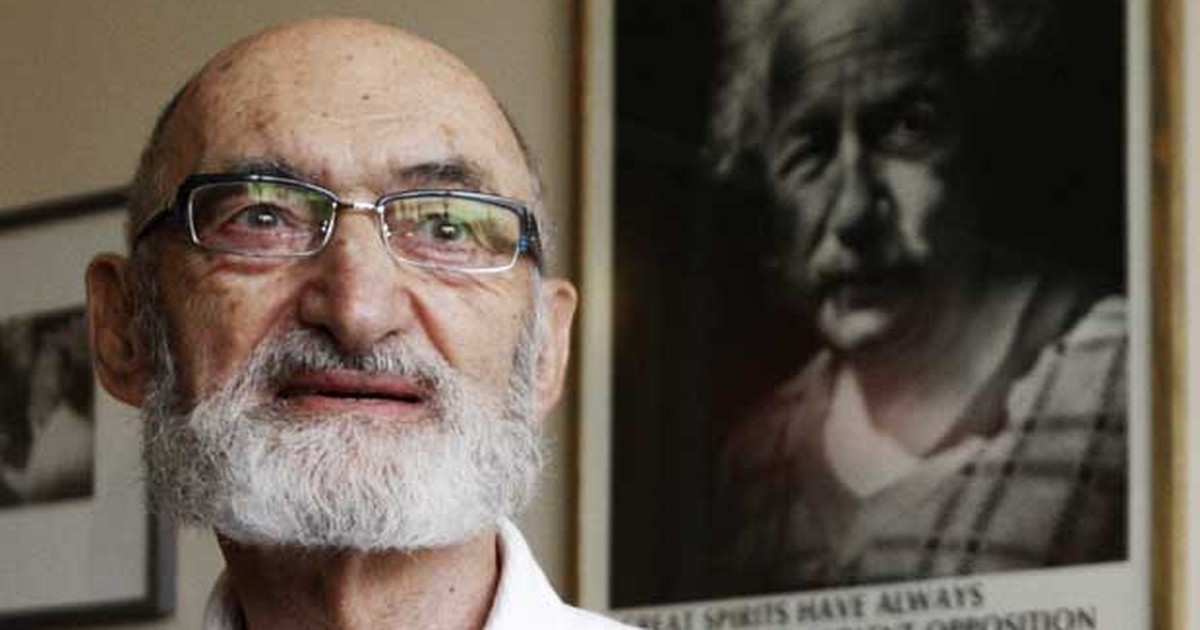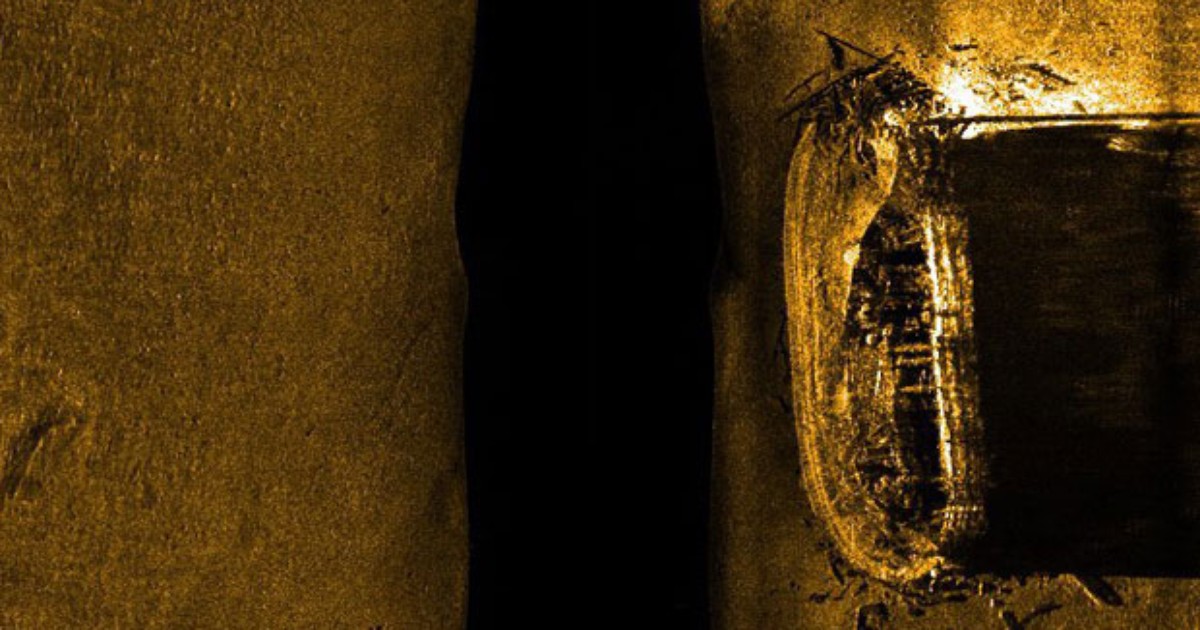Pope Francis has said that the word “genocide” can be used to define the process of colonization of Indigenous peoples in North America. On the return flight from Iqaluit, in northern Canada, to Rome, he said that although “genocide is a technical word”, one could say that the events that unfolded there were along those lines.
“Removing children from families, changing the culture, changing mentalities, changing traditions, changing a race, let’s say… it’s true, yes, it’s genocide”, declared the Sovereign Pontiff on Saturday July 30.
During the flight, during which reporters traditionally pose questions to the pope, he reiterated that he had no intention of resigning, but that could change at any time. Francis tried to downplay the issue, saying “changing the pope wouldn’t be a disaster.” As a Jesuit, he is someone who is constantly discerning, he added.
However, the pope, who spent most of his time in a wheelchair during the week in Canada, admitted he will have to reduce the pace of activities, including international travel. He explained that knee pain still bothered him, but surgery with anesthesia at his age – 85 – would be risky.
Positive impact of the trip, but more progress is expected in reconciliation with indigenous peoples

The visit of Pope Francis to Canada produced many positive images and phrases of great effect in the international press. The prevailing perception in major newspapers and news agencies is that the Pontiff’s intention to promote reconciliation with the indigenous peoples of North America is genuine, and not just a “public relations” gesture.
The trip appeared to be “monothematic”, emphasizing the Pope’s apology to indigenous communities for the involvement of Church members in the process of European colonization, which led to the destruction of indigenous traditions and cultures and , also, to many deaths.
However, the international press has also highlighted the message on the environmental question – on which Francis presents the indigenous peoples as models to be imitated – and the relationship between the generations, especially in the role of women in the transmission of the faith. The Holy Father also showed his appreciation for the cultural variety that the Christian faith can assume.
Pope Francis’ speech about his health and a possible resignation also got a lot of buzz – which he is dismissing for now.
An unforeseen repercussion has been the questioning, whether by journalists or associations linked to indigenous peoples, of the so-called “doctrine of discovery”. It is a doctrine established during the colonial era, by the European monarchies and by the papal bull of Nicolas V, in 1452.
At the time, the papal document was used by European colonists to subjugate non-Christian peoples and impose their culture and religion in the Americas, Africa, and Asia. It is believed that Pope Francis could, in a new step in the process of reconciliation with indigenous peoples, symbolically revoke such a document – although, for the moment, the Vatican has not reported anything. According to the Canadian press, the bishops of the country will make a request in this sense.

“Typical thinker. Unapologetic alcoholaholic. Internet fanatic. Pop culture advocate. Tv junkie.”

